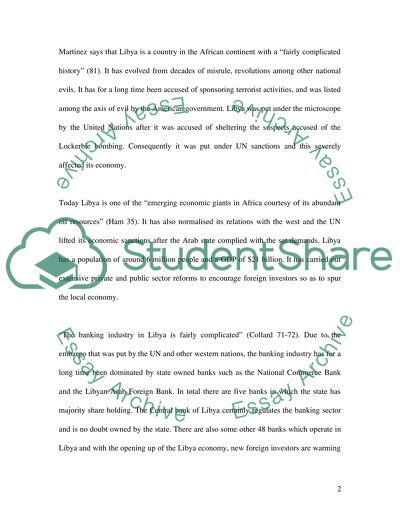Cite this document
(The Effect of Foreign Direct Investment in the Banking Sector on the Research Proposal, n.d.)
The Effect of Foreign Direct Investment in the Banking Sector on the Research Proposal. Retrieved from https://studentshare.org/macro-microeconomics/1556895-effect-of-foreign-direct-investment-in-the-banking-sector-on-the-libyan-banking-industry
The Effect of Foreign Direct Investment in the Banking Sector on the Research Proposal. Retrieved from https://studentshare.org/macro-microeconomics/1556895-effect-of-foreign-direct-investment-in-the-banking-sector-on-the-libyan-banking-industry
(The Effect of Foreign Direct Investment in the Banking Sector on the Research Proposal)
The Effect of Foreign Direct Investment in the Banking Sector on the Research Proposal. https://studentshare.org/macro-microeconomics/1556895-effect-of-foreign-direct-investment-in-the-banking-sector-on-the-libyan-banking-industry.
The Effect of Foreign Direct Investment in the Banking Sector on the Research Proposal. https://studentshare.org/macro-microeconomics/1556895-effect-of-foreign-direct-investment-in-the-banking-sector-on-the-libyan-banking-industry.
“The Effect of Foreign Direct Investment in the Banking Sector on the Research Proposal”, n.d. https://studentshare.org/macro-microeconomics/1556895-effect-of-foreign-direct-investment-in-the-banking-sector-on-the-libyan-banking-industry.


